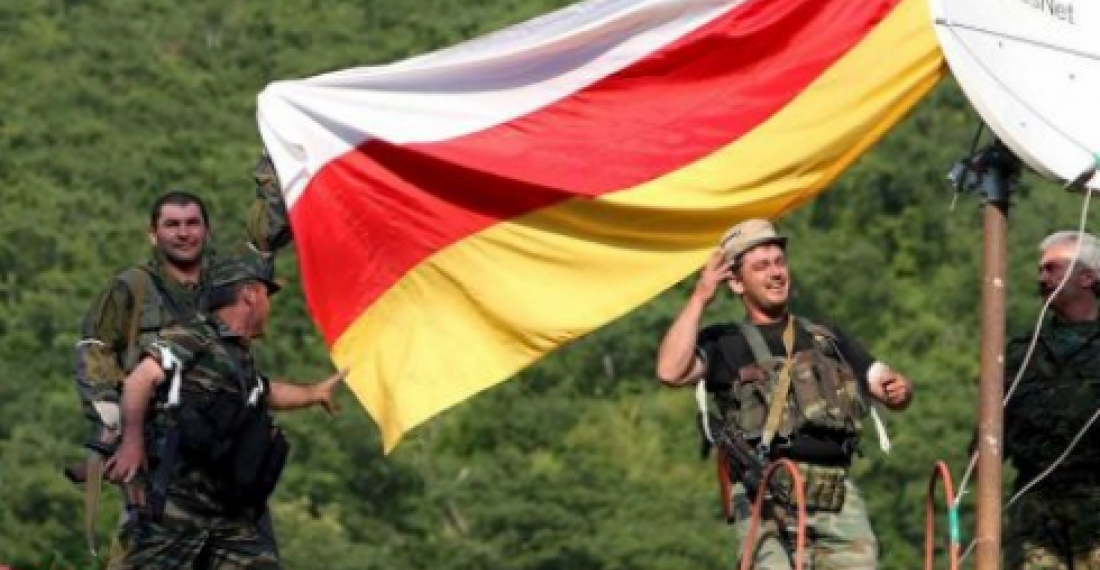Как стало известно в четверг вечером, правительство непризнанной республики Южная Осетия отложило предлагаемый референдум о присоединении к Российской Федерации.
Об этом заявил президент самопровозглашенной Республики, Леонид Тибилов, по итогам встречи с другими политическими представителями. Вокруг некоторых деталей референдума были разногласия, например, должен ли он состоятся до или после президентских выборов, и будет ли на нем поставлен вопрос непосредственно о присоединении, или же каснется только конституционных поправок, которые позволят позже вступить в состав Российской Федерации.
Правительство США решительно осудила любые референдумы о вступлении.
"Наша позиция по Грузии заключается в следующем: Мы поддерживаем суверенитет Грузии и ее территориальную целостность, которая включает в себя Южную Осетию. Следовательно, мы не признаем попытки Южной Осетии в обретении независимости или суверенитета, мы это не поддерживаем", заявил представитель Государственного департамента, Марк Тонер.
Как предполагалось ранее в этом году, на референдум планировалось вынесение вопроса о изменении в статью 10 Конституции, которая позволила бы обратиться к российскому руководству с вопросом о присоединении.
Недавно Леонид Тибилов заявлял, что референдум будет проведен "до августа" этого года. "Я абсолютно уверен, что люди скажут" да "," сказал он в апреле. В ответ на это президент России Владимир Путин заявил, что он "не может противостоять" любому предложенному референдуму. Тибилов неоднократно ясно излогал свое стремление к полной интеграции Южной Осетии с Россией.
Россия признала Южную Осетию, наряду с Абхазией, после войны с Грузией в августе 2008 года.
источник: commonspace.eu по материалам агентств
фото: флаг самопровозглашенной Республики Южная Осетия







